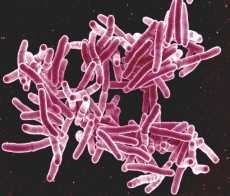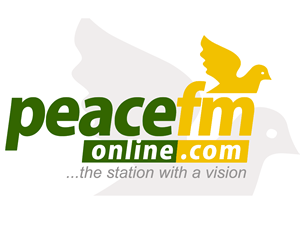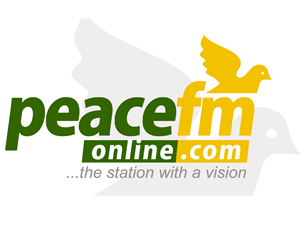TB Kills 43 Daily – Expert Calls For Investment To Deal With Burden | Health
[ad_1]
Ahead of the global commemoration of World Tuberculosis (TB) Day tomorrow, it has emerged that 43 Ghanaians die of the disease, an airborne disease, every day although the condition is curable and is treated for free.
The deaths have been attributed to people not availing themselves for screening; diagnosis capacity gap among health workers; inadequate screening and diagnostic equipment; late introduction of preventive treatment and stigma.
Coupled with the above, funding to carry out TB control programme is currently limited, with virtually no state commitment.
The disease is transmitted when an infected person with symptoms-active TB- coughs, sings, sneezes, shouts or talks, which releases the TB bacteria into the atmosphere, which is in turn inhaled by people around.
An asymptomatic person living with the condition, known as latent TB, can not transmit but such a person could develop the active TB if his/her immune system gets compromised or breaks down due to other health conditions and poor diet.
The mode of transmission makes everyone vulnerable, a situation which requires that everybody should help to find all persons yet to be diagnosed of TB but living with the condition.
The Manager of the National Tuberculosis Programme, Dr Yaw Adusi-Poku, said everyone was vulnerable to the highly contagious airborne disease, and that all hands must be on deck to put TB under control.
He said people in poorly ventilated or air-conditioned spaces were more vulnerable, and mentioned other risk factors to include people with compromised immune systems such as people living with diabetes, and HIV infection.
He said people who also indulged in substance abuse and people with low body weight were also vulnerable to active TB
Addressing a section of the media at a training programme on TB advocacy in Accra, Dr Adusi-Poku said TB control in the country was heavily dependent on donor funding, particularly on the global fund, a situation he described as worrying and unsustainable.
The training was organised by the Ghana National TB Voice Network (GNTBVN), in partnership with the National TB Control Programme and the Global Fund.
It has been established that the government does not honour its Global Fund Grant Cycle 7 (GC7) co-financing obligation, and has not made any financial commitment to the fight against TB for the next three years as required by the United Nations (UN).
Dr Adusi-Poku said more public and private investments into screening, advocacy and treatment were required to deal with the national TB burden and accelerated interventions.
He said the mode of transmission made everyone vulnerable.
Source: graphic.com.gh
| Disclaimer: Opinions expressed here are those of the writers and do not reflect those of Peacefmonline.com. Peacefmonline.com accepts no responsibility legal or otherwise for their accuracy of content. Please report any inappropriate content to us, and we will evaluate it as a matter of priority. |
Featured Video
[ad_2]
Source link













Leave a Reply